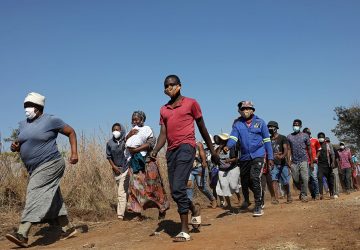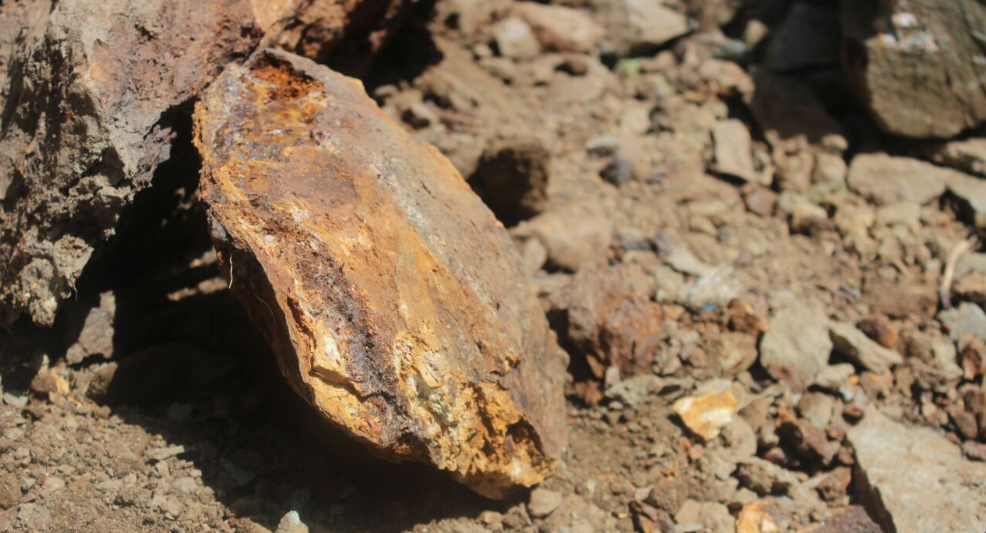Khanya College is an independent non-governmental organisation established in 1986 as a project of the South African Committee for Higher Education Trust (SACHED). In 1993, it became independent of SACHED and was formed as Khanya College Johannesburg Trust. Khanya also aims to assist various constituencies within the working class and poor communities to respond to the challenges posed to them by the forces of economic and political globalisation. They also aim to ensure that its constituencies have access to education, affordable books, music and other cultural programmes.
Khanya is a registered Trust with the Board of Trustees responsible for the overall policy direction of the organisation. Initially, Board consisted of academics but has changed over time to include activists, unionists, etc. The Board of Trustees is the highest decision-making structure.
Internally the College is divided into several programmes and has a leadership structure. There is the Board of Trustees, College Coordinator, Project Coordinators, Staff and Interns. Khanya’s programmes and activities include educational training workshops, seminars, campaigns, study groups, publishing educational publications and creating platforms for social justice movements and NGOs to network and build solidarity. Khanya services the working class and has participated in several campaigns to aid the working class including the R350 Social Relief Grant Campaign, Open CCMA, and Women’s and Children’s Health Campaigns.
Khanya is based on the 5th floor, House of movement, 123 Pritchard Street, Johannesburg in South Africa.
This article was submitted as part of the Imbila Yesu publication produced daily for the duration of the Winter School in 2022 (17-22 July 2022). It appeared in Edition 1, released on 18 July 2022.
You may republish this article, so long as you credit the author and Karibu! Online (www.Karibu.org.za), and do not change the text. Please include a link back to the original article.



 Download PDF
Download PDF












































